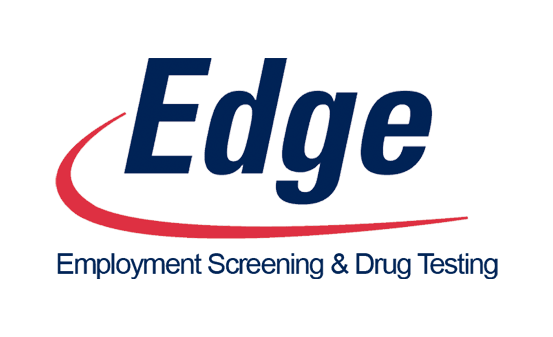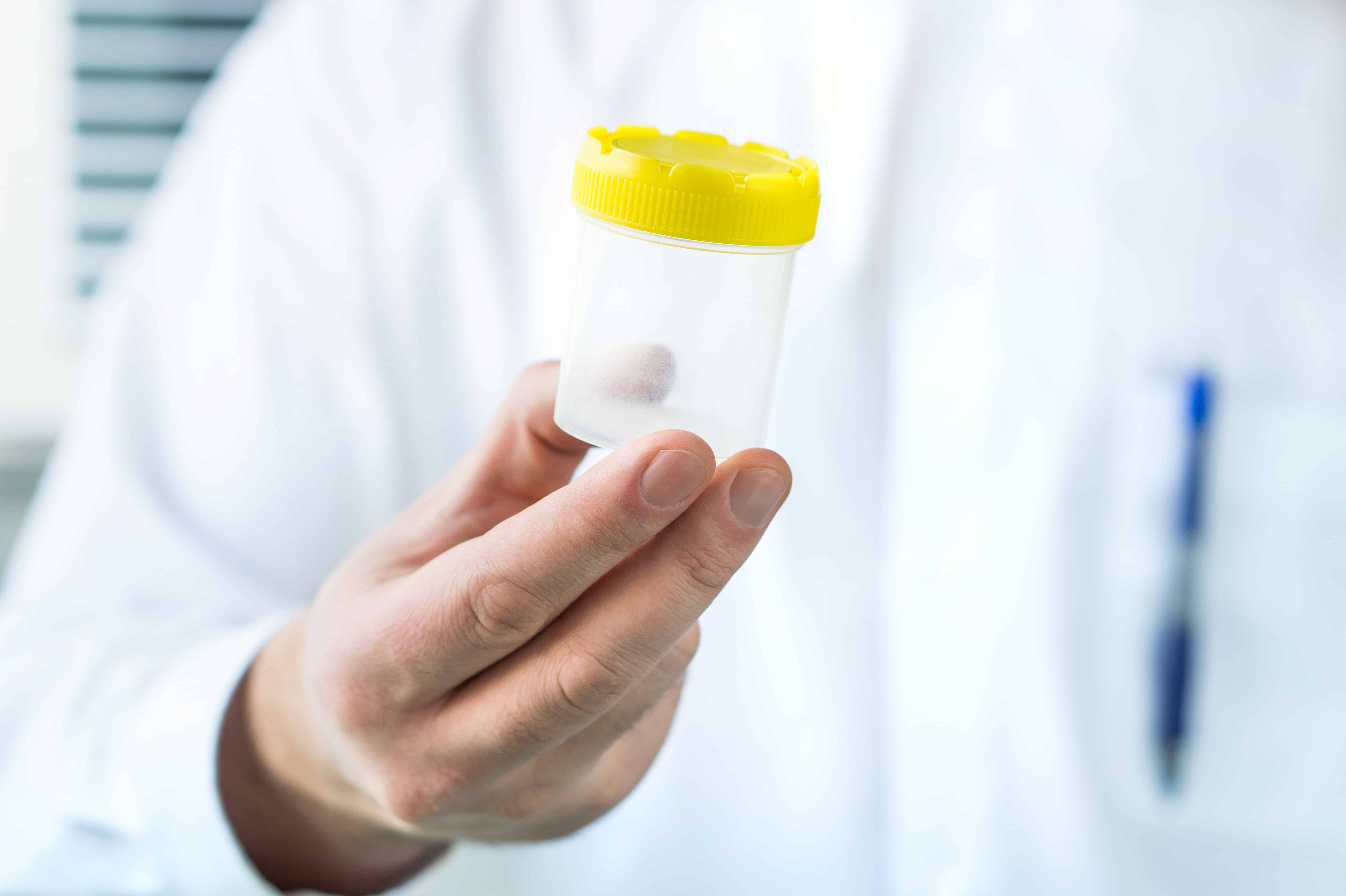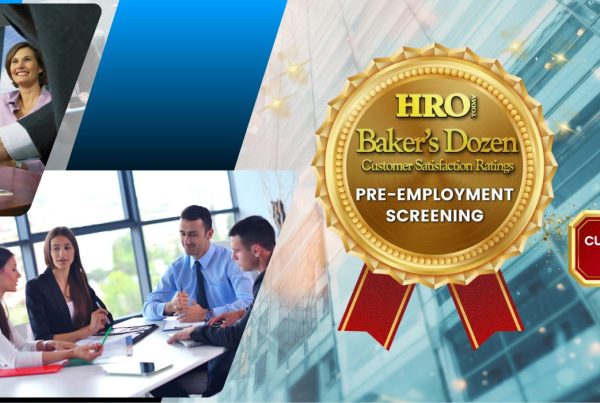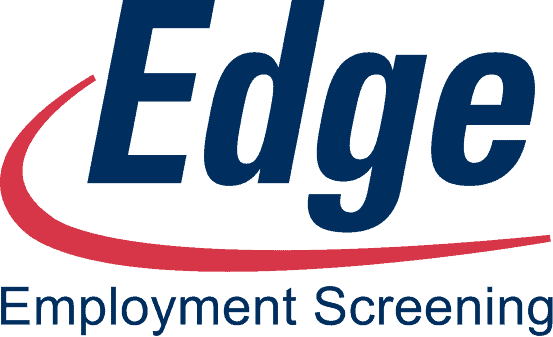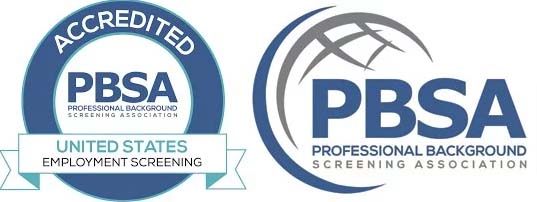Medical workers perform safety-sensitive roles. They are responsible for the patients under their care. When your personnel have all those lives in their hands, every member of the medical staff must be sober, especially now during the COVID-19 pandemic.
US-based healthcare companies require potential candidates to undergo drug testing for a reason, ensuring a safe working environment. Now that we’re in the midst of a health crisis, pre-hire and post-hire drug testing of all healthcare employees is critical.
A patient’s close contact with a drug abuser is a risk not just for the patient but also for the employee. Expect an increase in negligence and malpractice incidents.
Substance Abuse in the Healthcare Industry
Even before the pandemic, studies have shown that medical professionals are highly prone to drug and substance abuse. According to this USA Today article in 2014, “Across the country, more than 100,000 doctors, nurses, technicians, and other health professionals struggle with abuse or addiction, mostly involving narcotics such as oxycodone and fentanyl.” And usually, these abuses are rarely detected.
There are many possible reasons why a healthcare professional might turn to drugs or alcohol. We’re talking about workers who need to be alert and focused on an all-day or overnight shift, and this might be their easy fix for that.
Another could be as a way to escape from emotional stress from making hard decisions, or upsetting outcomes that involve the lives of patients. That emotional pain is heightened, especially during this pandemic. The temptation is also very high because all these highly sought-after drugs are within their reach. This accessibility makes it easy for them to create or feed the addiction.
Addiction among medical professionals is harder to spot because many of them are considered highly functional addicts. Still, some signs and symptoms can identify if a healthcare professional is suffering from addiction:
- Preference for night shifts, which means there’s less supervision and easier access to medication.
- Subpar overall performance on the job, frequent tardiness, and complete disregard for work ethics.
- Sudden interest in monitoring patients who need narcotics, and volunteering to administer them
- Frequent bathroom breaks or sudden, unexplained absences
- Frequent errors in paperwork and failure in charting
- Glassy eyes or small pupils
- Extreme financial, family, or relationship problems
- Mood swing
Now that we’ve established the dangers of substance abuse in the healthcare industry, let’s move on to the tips on how to conduct employment drug screening for medical professionals effectively:
Choose a Screening Provider and Invest in Comprehensive Tests
Finding a reliable screening provider is the first step in the right direction. They can help update your drug and alcohol screening programs to comply with state and federal laws (Concerning medical Marijuana, discrimination, and privacy) and ensure an uncompromised quality of results.
Once you’ve partnered with a drug testing service provider of your choice, you’ll immediately be presented with comprehensive test options, but before selecting one, make sure that the testing policies and methods result in accurate findings and match your organization’s needs.
As a healthcare employer, you also need to be aware of the possibility of results manipulation. To ensure this, you need to incorporate different drug testing methods in your program, like the standard five-panel test for marijuana, cocaine, PCP, amphetamines, and opiate metabolites.
An expanded panel is needed for employees who distribute medications because most of the medicines accessible to them are highly addictive, like barbiturates, benzodiazepines, methadone, and propoxyphene.
Select Your Preferred Testing Method
There are many options, like instant or lab-based, self-collect or site-administered collection, urine sampling, or oral fluid/hair/blood/hybrid. Among these, there are only two core methods – lab-based and instant testing.
Lab-based testing is conducted in a testing facility to collect urine, oral fluid, and hair specimens from donors/potential candidates. The samples collected are then transferred to a separate lab. The most traditional is lab-based urine testing. Waiting for negative results may take 1 to 3 days, but it is the more reliable option.
Instant testing screens most commonly abused substances through urine and oral fluid sampling. Hence the name, it’s the fastest drug testing method, which takes 15 minutes or less. Because of its quick turnaround time, more companies are adopting this test. During COVID 19, this rapid turnaround of test results is vital in healthcare and life services.
Conduct Random Tests
Random drug testing reduces the ongoing risk of workplace incidents. Having only a pre-employment screening is not a guarantee that those who pass will remain compliant with the drug-free policy. They might resume their drug use after the pre-employment test.
The best time to conduct drug screening is when everybody doesn’t have a chance to prepare for it. This will reflect the real current condition of the employees and will be difficult to manipulate.
Require All Personnel to Take the Test
To protect patients’ and staff’s safety, you’ll need more than just traditional criminal background checks. Health care organizations must have a comprehensive drug and alcohol testing policy to add to their overall screening program, and that is including every employee in the drug screening.
It is crucial to test the entire workforce so you can weed out the individuals who abuse drugs. This will ensure the reliability of results and maintain fairness between high and low-ranking personnel.
Drug testing needs to remain a crucial part of workplace safety. It provides healthcare employers with the continual peace of mind that comes when the safety of both patient and staff is ensured.
The effects of addiction in the workplace are frightening. Addicted healthcare workers are more likely to cause accidents or neglect patients’ health. Medical professionals who suffer from addiction not only put their health and safety at risk but also the well-being of their patients.
This is why a doctor background check and employment drug testing are crucial steps to take when the aim is to maintain a drug-free workplace in the medical industry and ensure patient and staff safety. In turn, this improves the quality of patient care. Pushing for drug testing among healthcare employees will help strengthen people’s trust in the medical industry, even during the COVID-19 crisis.
For all your employment drug screening needs, contact Edge Information today! Call 800-725-3343 to ask about our products and services.

